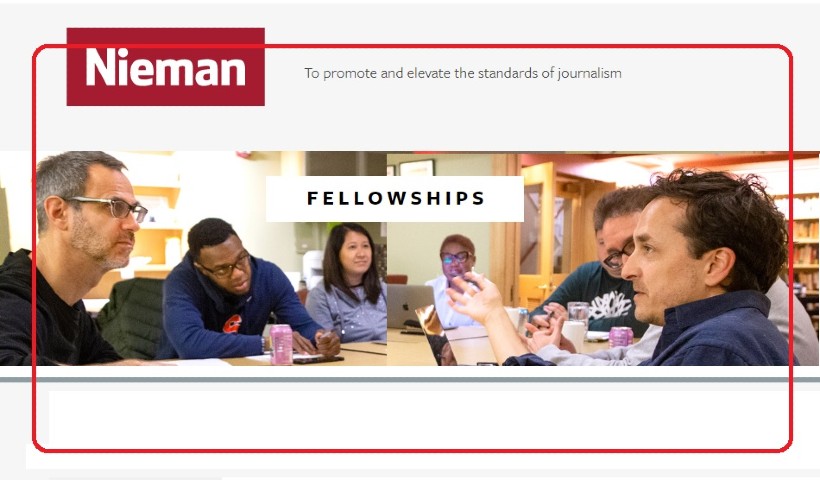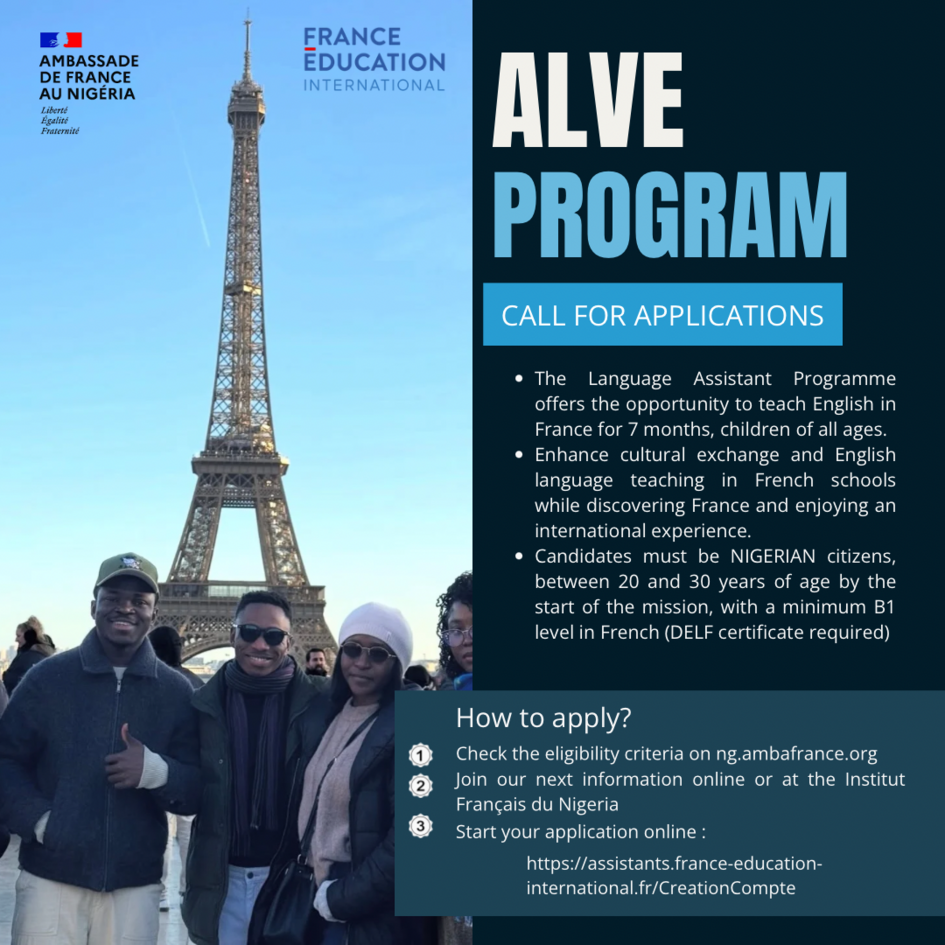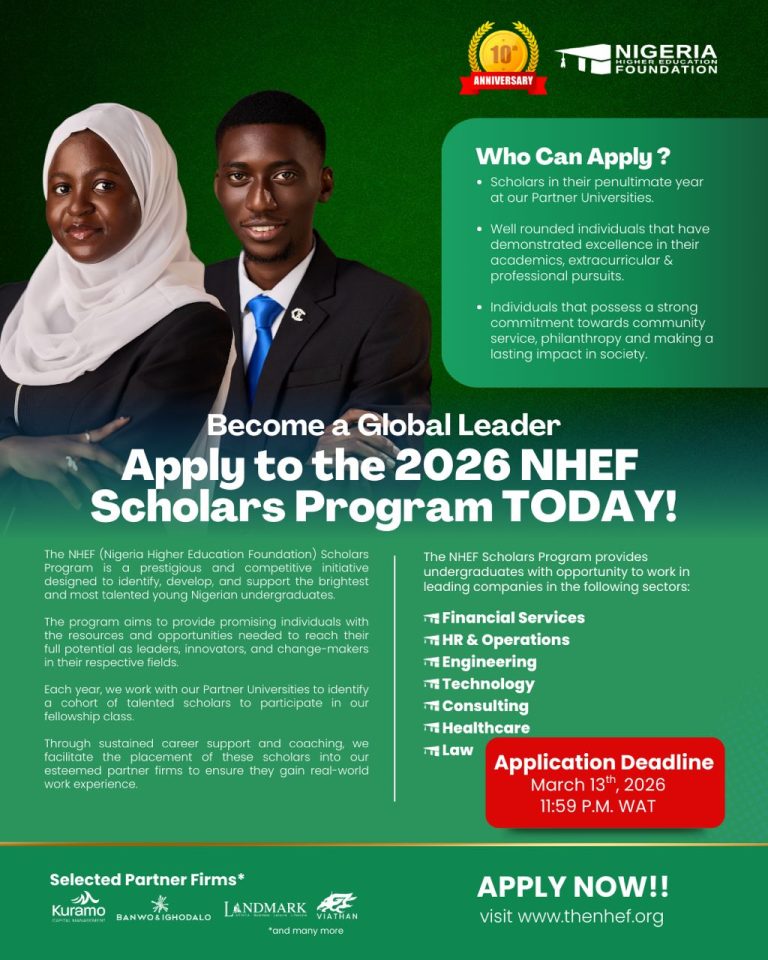
2023 Berkman Klein Fellowship Program in Journalism Innovation at Harvard University
Deadline: January 9, 2023.
The Berkman Klein Center for Internet & Society at Harvard University is now accepting fellowship applications for the 2023-2024 academic year through our open call. This opportunity is for scholars who wish to spend 2023-2024 in residence in Cambridge, MA as part of the Center’s vibrant community of research and practice, and who seek to engage in collaborative, cross-disciplinary, and cross-sectoral exploration of the Internet’s most important issues.
The Berkman Klein Center’s fellowship program provides an opportunity for innovative thinkers and changemakers to come together to hone and share ideas, find camaraderie, and spawn new initiatives. The program encourages and supports fellows in an inviting and playful intellectual environment with community activities designed to foster inquiry and risk-taking; to identify and expose common threads across fellows’ individual activities; and to bring fellows into conversation with the students, staff, faculty, and broader community at the Berkman Klein Center. From their diverse backgrounds and wide-ranging physical and virtual travels, Berkman Klein Center fellows bring fresh ideas, skills, passion, and connections to the Center and our community, and from their time spent in Cambridge, they help build and extend new perspectives and activities back out into their home networks, communities, and fields. Fellows appointed through this open call come into their fellowship with a personal research agenda, a set of ambitions, and a sense of the public scholarship and community interactions they wish to foster while at the Center.
AFEA OF INTEREST
invite applications from scholars whose research advances Internet & society studies in the public interest.
Alongside and in conversation with the breadth and depth of topics explored through the Center’s research projects, fellows engage the fairly limitless expanse of Internet & society issues. Within each cohort of fellows we encourage and strive for wide inquisition and focused study, and these areas of speciality and exploration vary from fellow to fellow and year to year.
Some broad issues of interest in the coming year include (but are not limited to) fairness and justice; democracy; authoritarianism and extremism; Web3 and decentralization; trust; global Internet governance; data governance; youth, media, and child protection; sociotechnical systems for learning and connecting; human rights; equity, agency, inclusion, and diversity; digital identity; artificial intelligence; quantum computing; the metaverse; generative AI; and digital economies. We look forward to hearing from potential fellows in these nascent specialities and learning more about the impact of their work.
ELIGIBILITY CRITERIA
They encourage applications from scholars, practitioners, innovators, engineers, artists, and others committed to understanding and advancing the public interest. Fellows come from across the disciplinary spectrum and different life paths.
- Some fellows are academics. For the 2023-2024 year, they invite academics who are post-docs or professors. Please note that in the 2023-2024 academic year we are not welcoming students into our fellowship cohort. They will spend the year focused on supporting Harvard students through other types of programming, and may solicit applications from students from other institutions through other efforts, such as our research sprints.)
- Some fellows are practitioners who have built their careers outside of academia, including technologists, entrepreneurs, lawyers, policymakers, activists, journalists, educators, and others from various sectors and callings.
- Many fellows wear multiple hats and straddle different pursuits at the intersections of their capacities. Fellows might be starting, rebooting, driving forward in, questioning, or pivoting from their established careers.
- For the 2023-2024 year, they will prioritize and select for fellows who have a demonstrated record of contributing to public and scholarly conversations in their area of study.
- Fellows are committed to spending their fellowship in concert with others, guided by a heap of kindness, a critical eye, and generosity of spirit.
FUNDING
Stipend: There are two pathways for people to be considered for the fellowship program through the open call: those who apply for funding from the Berkman Klein Center, and those who apply supported by external funding.
- Berkman Klein Center funding: the Center has a limited pool of funding to support fellows. BKC funded fellows appointed through the open call for applications are eligible to receive stipends of $75,000 annually. The first half of the stipend is guaranteed to cover the first half of the year. We will conduct a mid-year review with fellows to share feedback, review engagement, and check in on progress on research and, provided scholars are on track, at this stage we will clear the way for funding for the second half of the year. For 2023-2024, we anticipate offering three fully-funded fellowships.
- External funding: these applicants bring their own funding support, through means such as a grant, a scholarship, sabbatical, or the like. The Berkman Klein Center will complement this funding with an additional stipend of $10,000 that can be used for living, travel, and research expenses. For 2023-2024, we anticipate offering at least three externally funded fellowships.
Applicants may opt to be considered under both funding pathways.
Research support: Fellows will have the option to hire a part-time Harvard University student research assistant during the duration of their appointment. Wages for research assistants of up to $2,500 for the year will be paid by the Berkman Klein Center.



